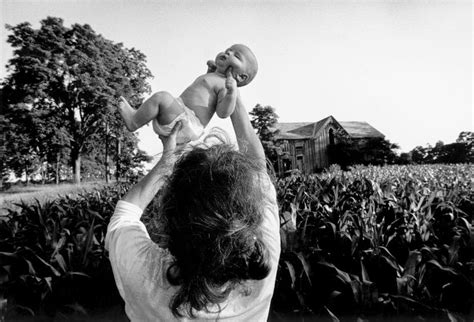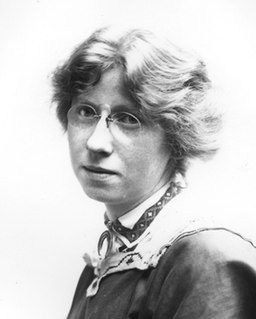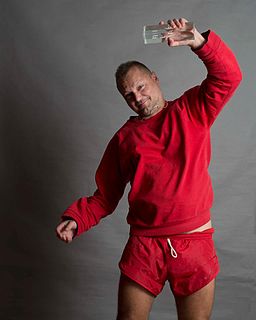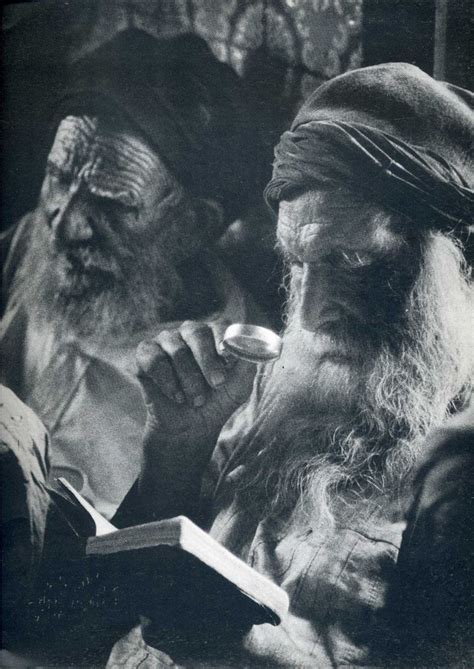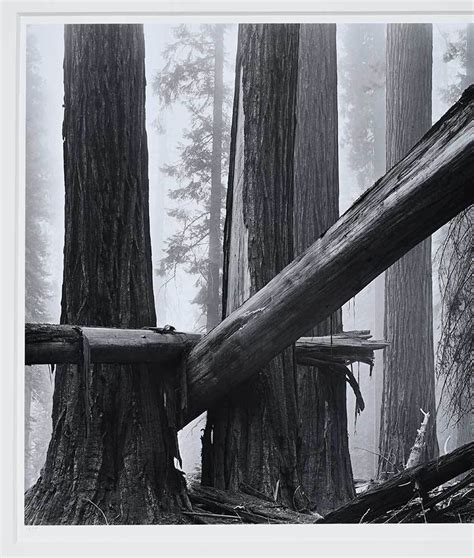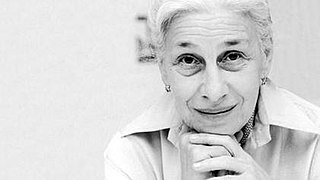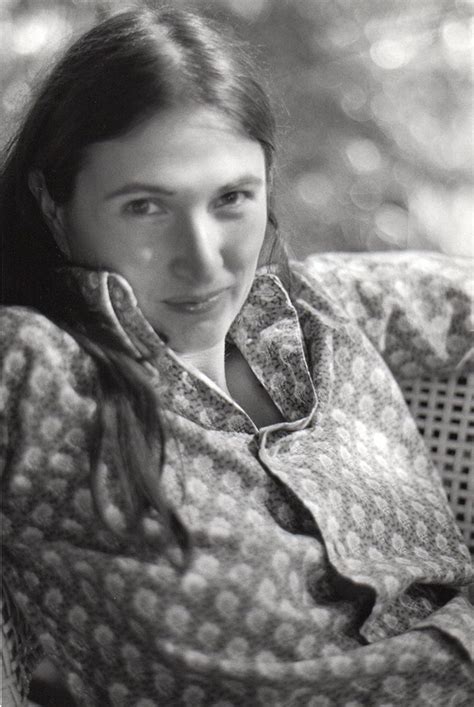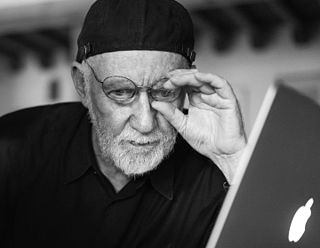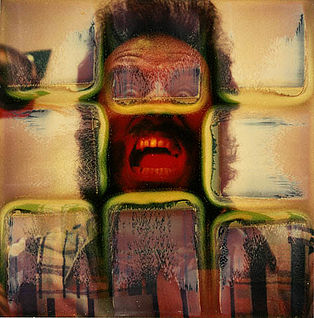A Quote by Garry Winogrand
When I'm photographing, I don't have that kind of nonsense running around in my head. I'm photographing. It's irrelevant in the end, so it doesn't mean a thing. It's not going to make me do better work or worse work as I can see it now.
Related Quotes
It wasn't even a matter of what I was photographing, as what had happened to me in the process. When I discovered that I could look at the horror of Belsen --4000 dead and starving lying around-- and think only of a nice photographic composition, I knew something had happened to me and I had to stop. I felt I was like the people running the camp --it didn't mean a thing.
I'd really rather leave it to others to say what they see in it and to see if I've put something into my photographs beyond a mere recording. Yes, I've chosen the camera position, how I'm going to print the negative, the angel of the lens, what I'm going to include and exclude in the composition, so on and so forth. But, I'm still photographing a work of art, and I would rather leave it to others to comment on my work, as I just left it to you.
It doesn’t matter if you use a box camera or a Leica, the important thing is what motivates you when you are photographing. What I have tried to do is involve the people I was photographing. To have them realize without saying so, that it was up to them to give me whatever they wanted to give me . . . if they were willing to give, I was willing to photograph.
I don't think there's any kind of preparation for sudden celebrity. I think you almost have this slight nervous breakdown when that kind of media attention happens. I mean, you're doing the same kind of thing that you do all the time, only you have to make these weird adjustments. Like, you're buying a slice of pizza and somebody's outside photographing you which is weird - that's not normal! It's very uncomfortable.
I think when you're photographing - when anybody's photographing another person in a private situation, it's a kind of a seduction but it's not always a sexual seduction... I feel like when Jack [Welpott] was doing it, it was a sexual seduction and when I was doing it, it was more of a psychological seduction in order to get them to cooperate with me... Not because I wanted them to spread their legs or... be, you know, Wanna sleep with me? , or whatever.
...I started photographing myself, and found that I could see portions of myself that I had never seen before. Since I face just my face in the mirror, I know pretty much what it's like. When I see a side-view I'm not used to it, and find it peculiar... So, photographing myself and discovering unknown territories of my surface self causes an interesting psychological confrontation.

